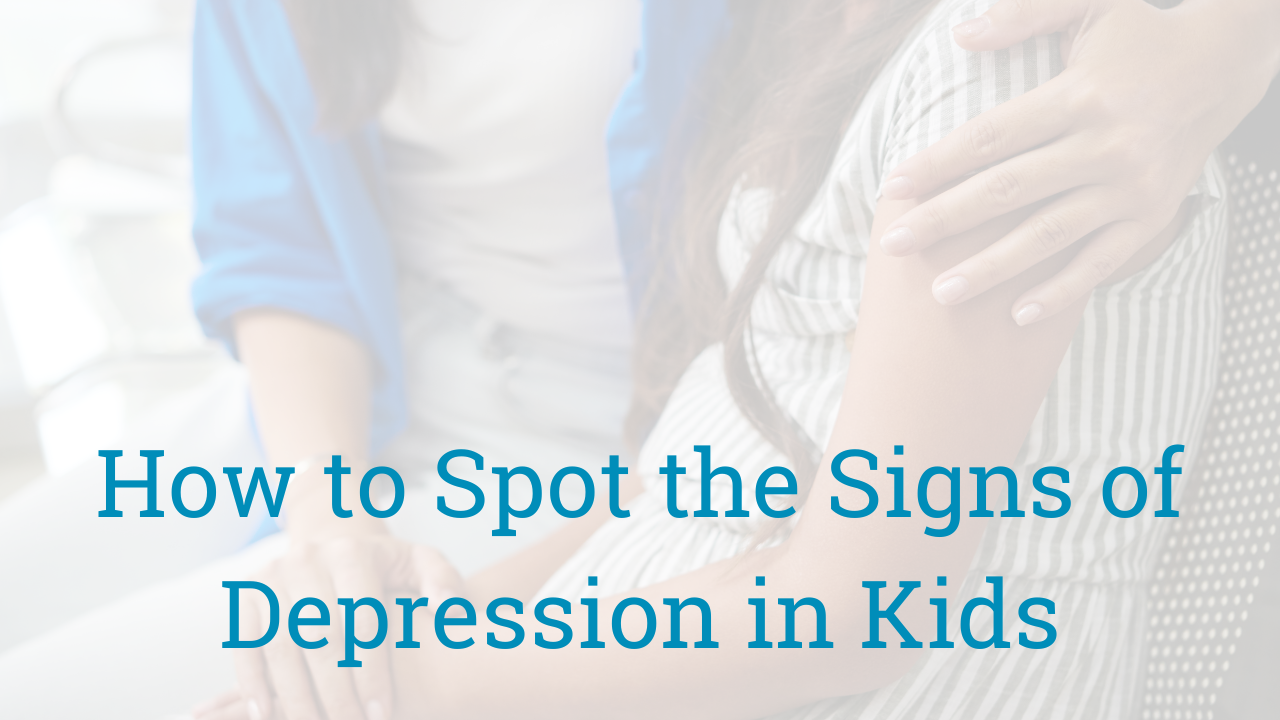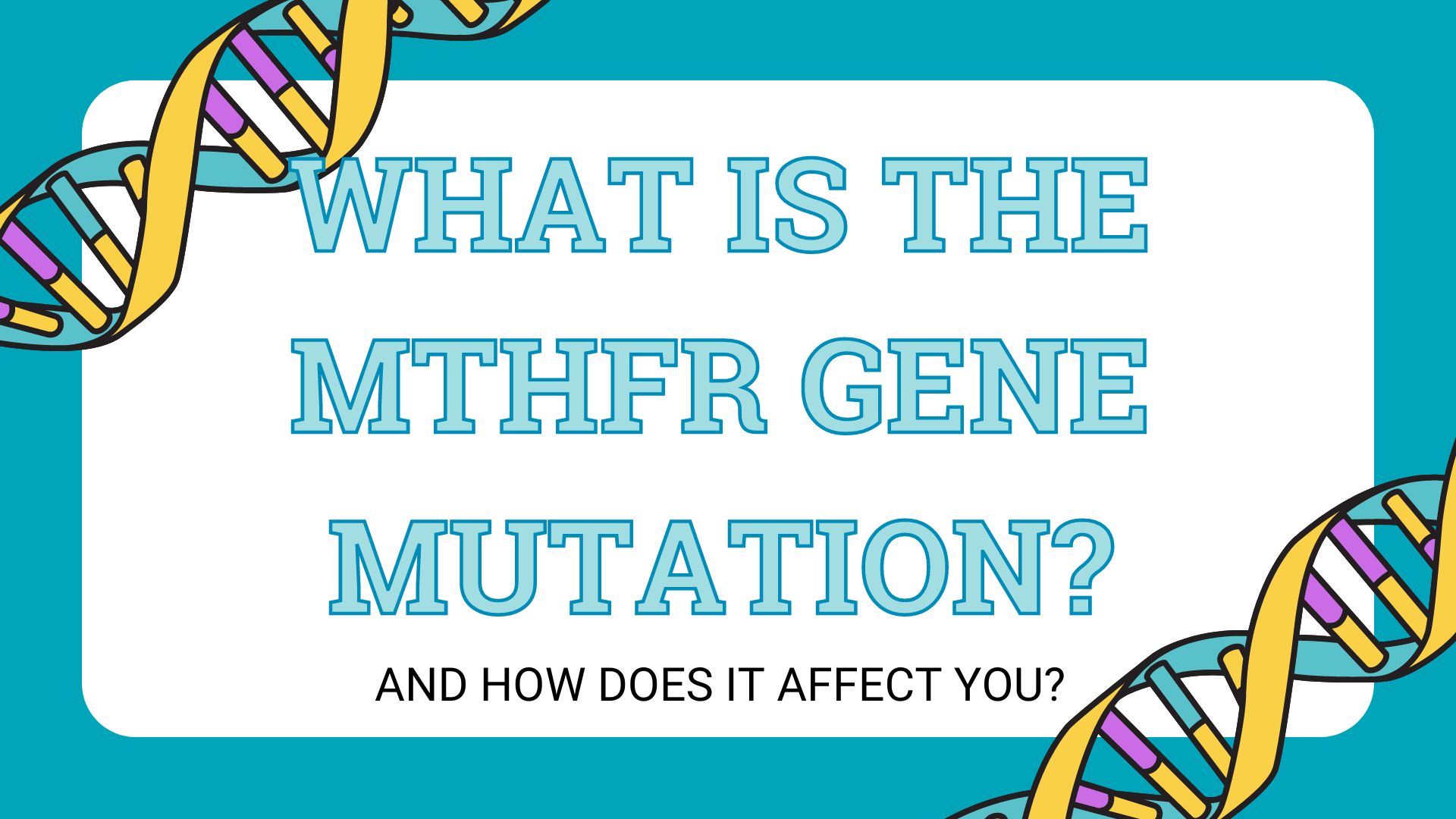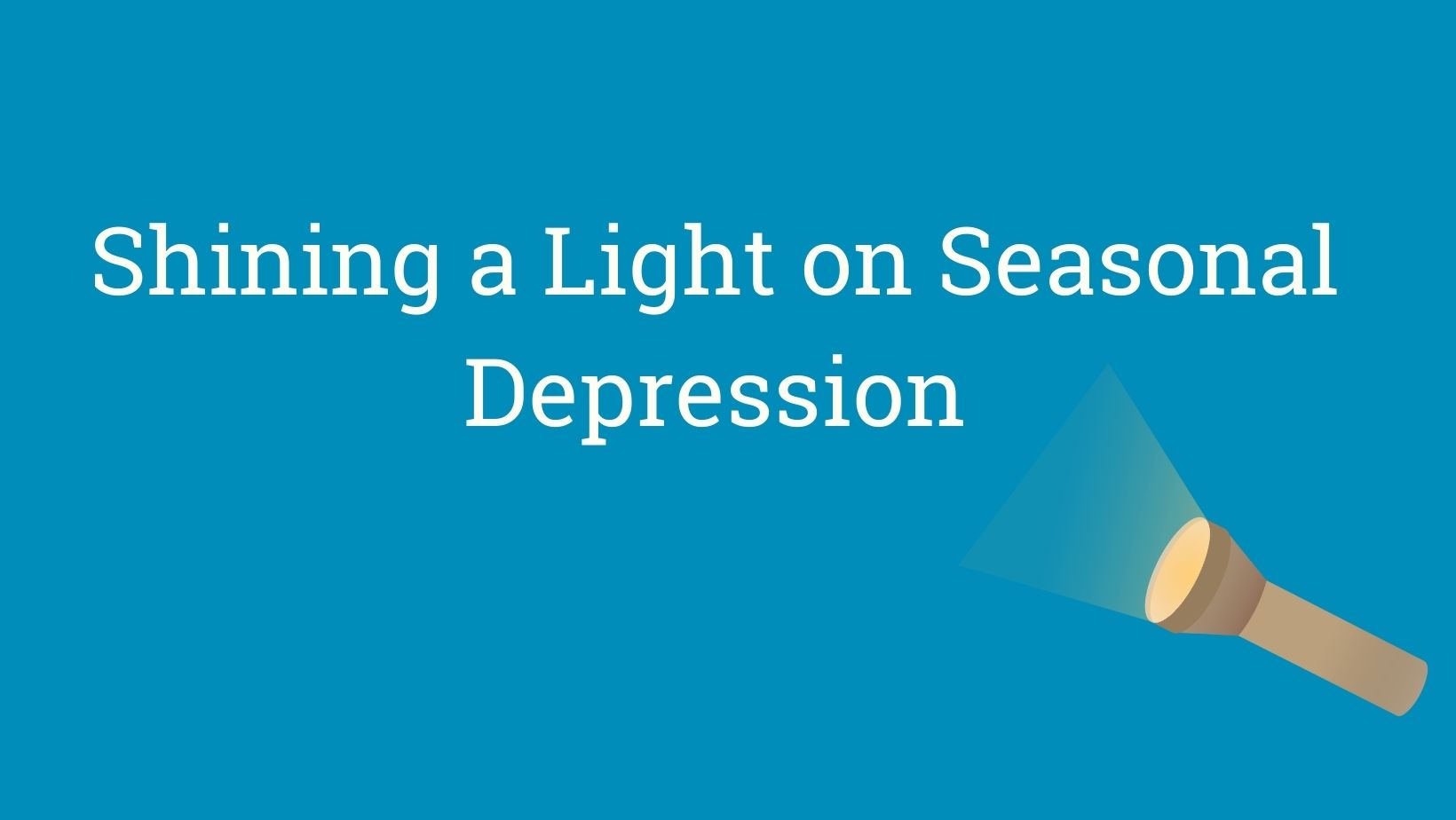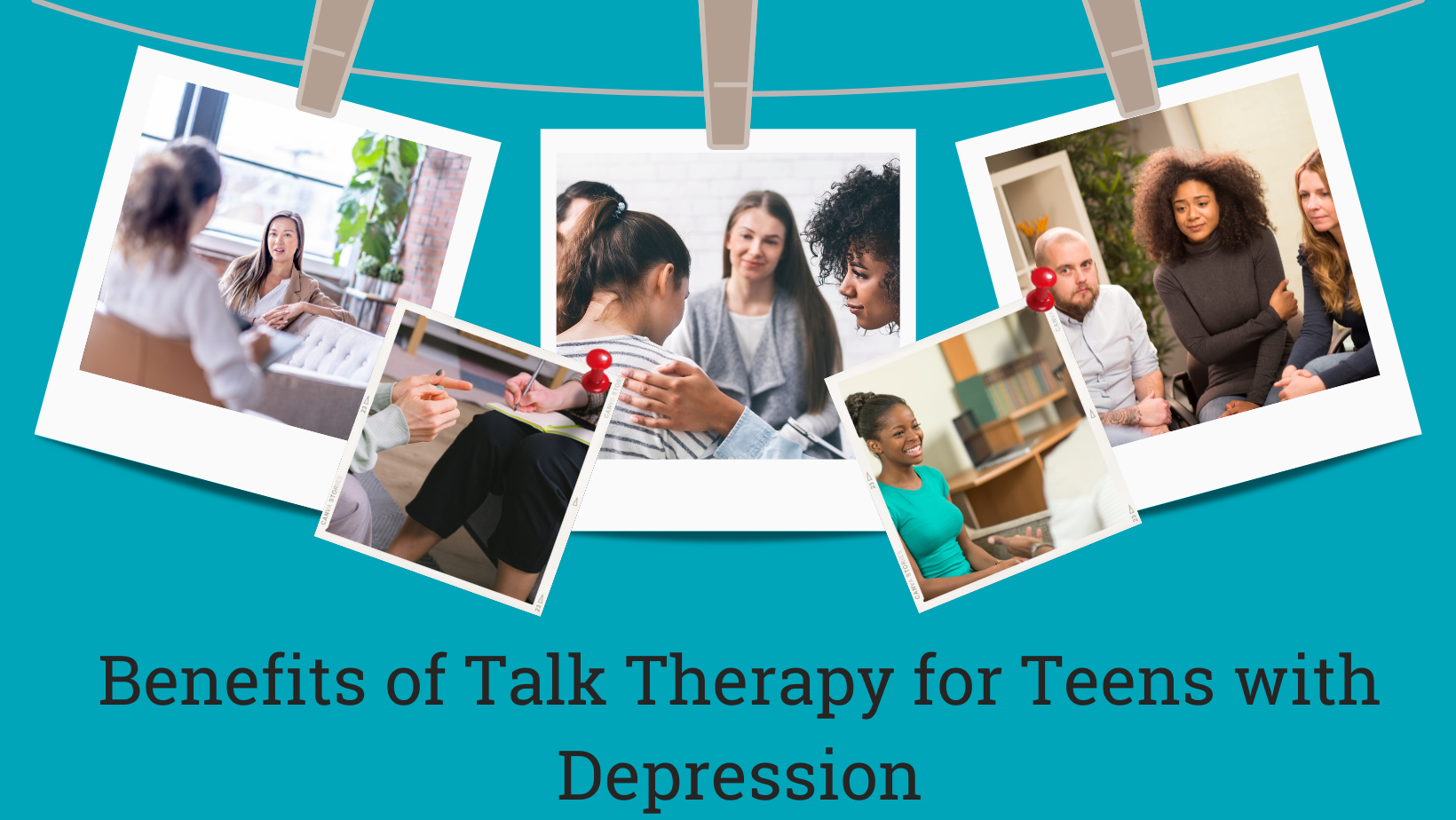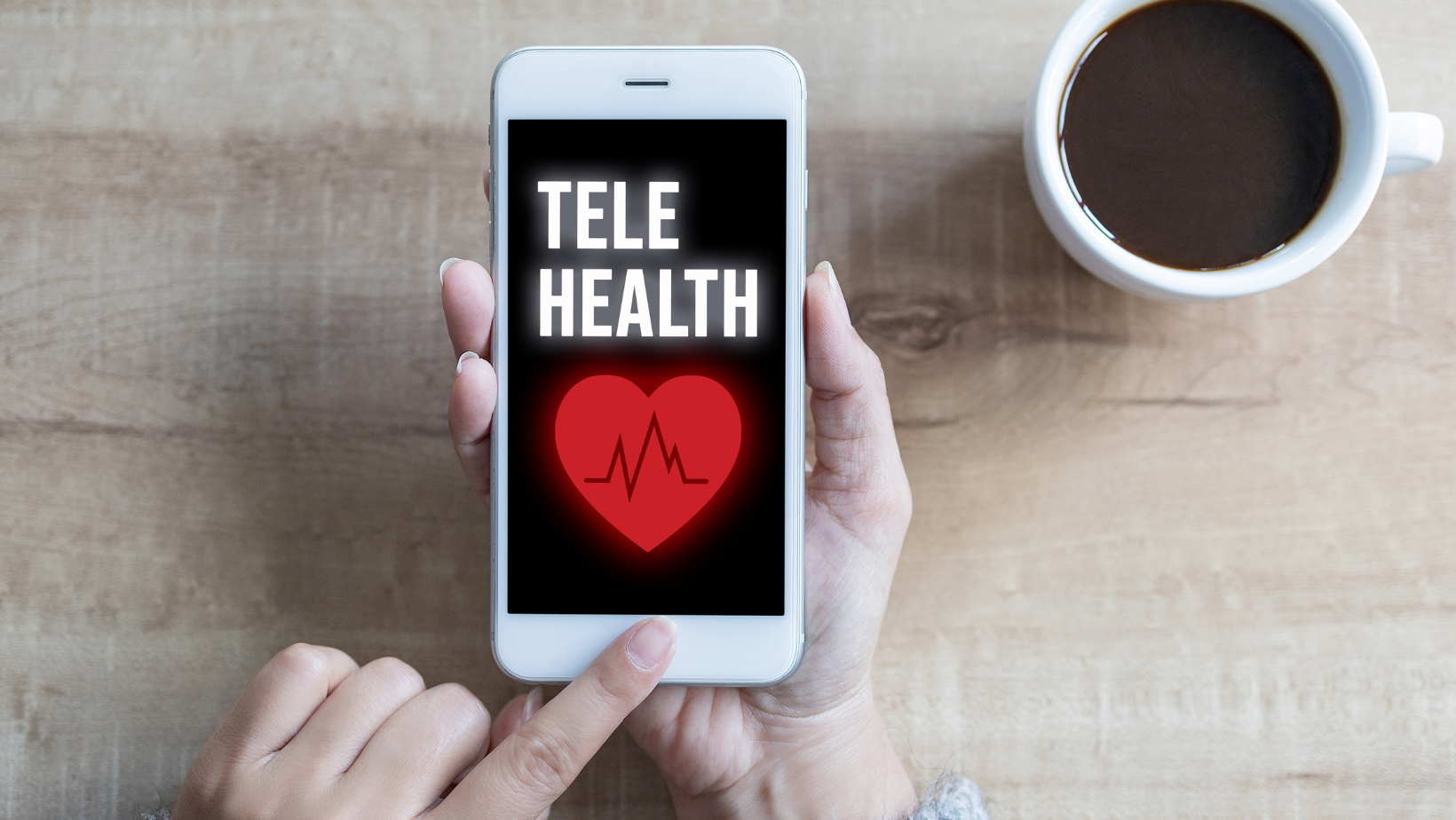 Brian Briscoe, MD, is a board-certified psychiatrist with over a decade of private practice experience. Dr. Briscoe founded the practice in 2011 which grew into a multidisciplinary group, Next Step 2 Mental Health, in Louisville, Kentucky. Dr. Briscoe provides compassionate and nonjudgmental care to adults of all ages.
Brian Briscoe, MD, is a board-certified psychiatrist with over a decade of private practice experience. Dr. Briscoe founded the practice in 2011 which grew into a multidisciplinary group, Next Step 2 Mental Health, in Louisville, Kentucky. Dr. Briscoe provides compassionate and nonjudgmental care to adults of all ages.
Brian Briscoe graduated with honors from Centre College and was inducted into Phi Beta Kappa in Spring 2000. He went on to study at the University of Louisville, where he earned his medical degree and completed specialty training in psychiatry. During residency, Dr. Briscoe was elected to serve as the president of the Resident’s Association and received a number of accolades, including awards from Community Mental Health Agencies, awards for research, and the Ruby & John Schwab Award for Academic Excellence. He is certified by the American Board of Psychiatry and Neurology.
Dr. Briscoe is a former full-time teaching faculty member for the University of Louisville Department of Psychiatry, and he continues to teach residents, medical students, and nurse practitioners through a gratis faculty appointment. He has published several scholarly articles and has presented for international conferences.
Dr. Briscoe has received numerous awards for research, service, and academic excellence. He is a recipient of the Nancy C.A. Roeske Excellence in Medical Student Education by the American Psychiatric Association. Dr. Briscoe was named one of Louisville’s “Top Doctors” by Louisville Magazine, an award that is granted by vote of 3,000 physician members of the Greater Louisville Medical Society.
Dr. Briscoe has previously served as Chair of the National Psychiatry Section of the Christian Medical and Dental Association and is actively involved in local and national efforts to assist pastors and churches in their efforts to care for persons who struggle with mental health issues.
Here at NextStep2MentalHealth, Dr. Briscoe takes a comprehensive, holistic approach that includes educating his patients on their treatment options and working with them as collaborators in their care. He specializes in attention-deficit/hyperactivity disorder (ADHD), obsessive compulsive disorder (OCD), anxiety disorders, and mood disorders such as depression and bipolar disorder.
Dr. Briscoe’s passion for helping people stems from his own beliefs as a Christian. Dr. Briscoe takes the time to understand each patient as a unique and whole individual – rather than just a set of symptoms to be treated. He then designs a personalized treatment plan so that patients can experience lasting change, improved quality of life, and overall improved wellness. He looks forward to providing personalized, psychiatric care to both new and current clients. His excellence in patient care is matched with the breadth and depth of his knowledge.

